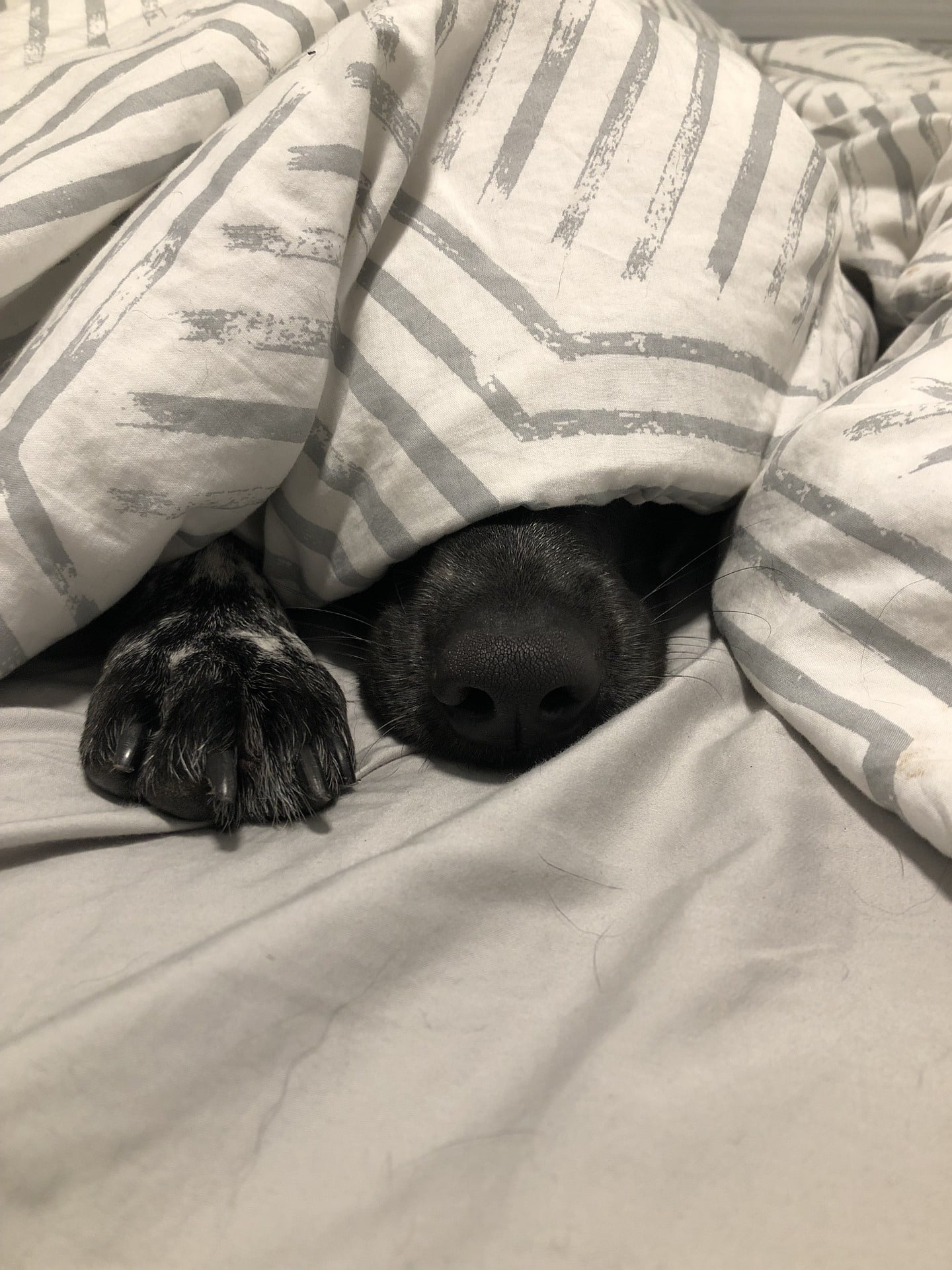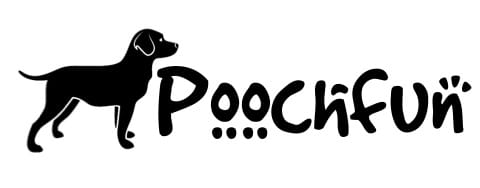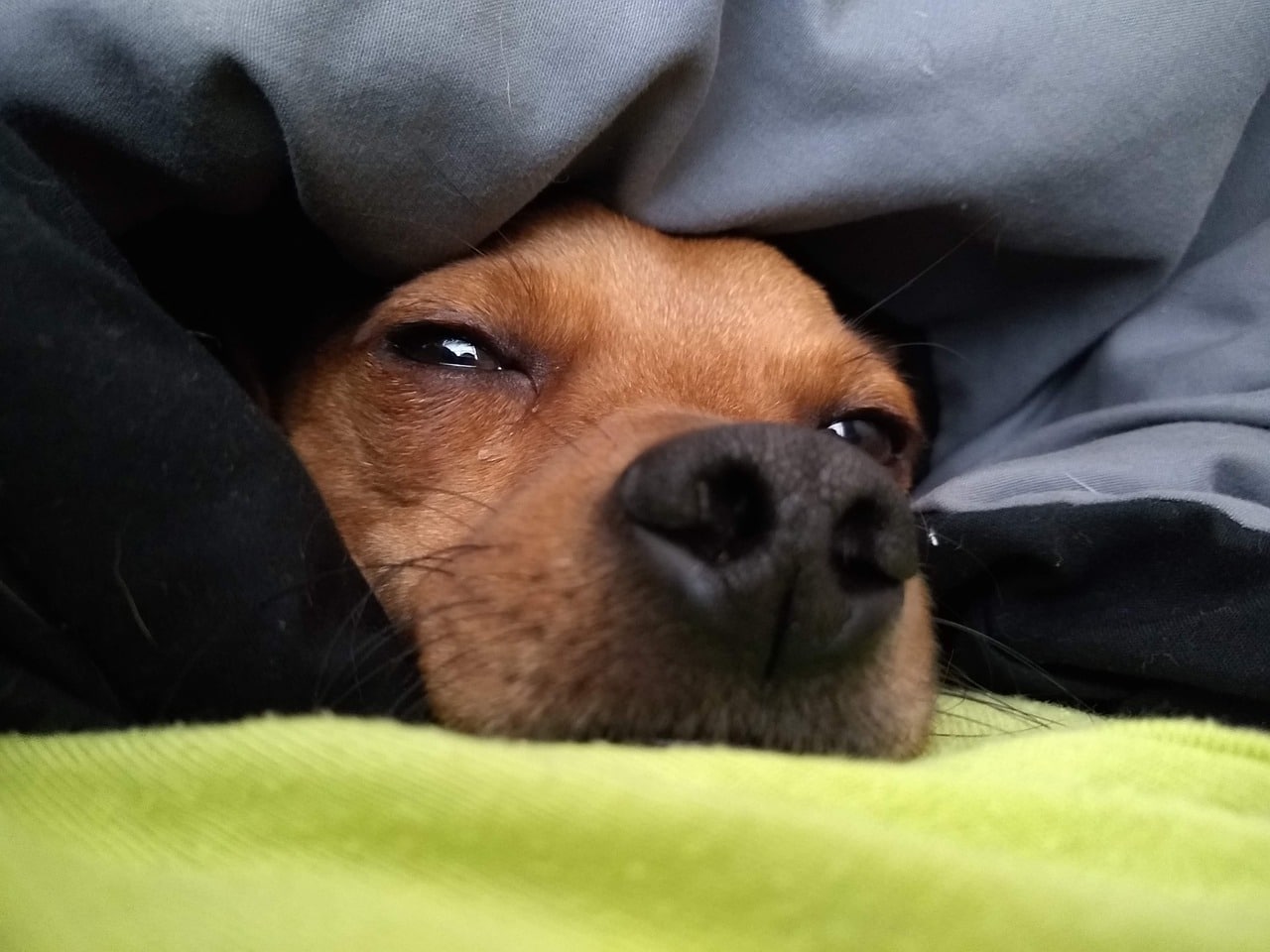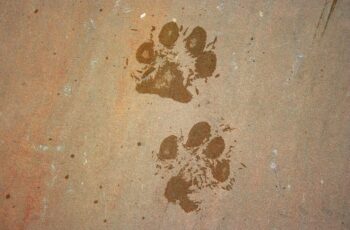How to Keep Your Dog Calm During Fireworks
Many dog owners have to deal with howling, barking, and generally anxious dogs during a fireworks show, whether it’s for July 4th, New Year’s Eve, or another holiday. Most people even think that Independence Day is the day when most dogs run away. But what exactly do the dogs fear?
“It can be the smell. It can be the noise and the flashes of light,” says Judy Morgan, DVM, of Dr. Judy Morgan’s Naturally Healthy Pets, based in Woodstown, New Jersey. Your dog may “tremble, shake, shiver, howl, and bark – some of them get frantic.”
If you don’t know how your new dog will act, Morgan says that puppies who don’t do well in a thunderstorm are likely to be scared of the fireworks display.
Signs That Your Dog’s Scared Of Fireworks

Sometimes your dog makes it very clear he’s scared. But other signs may be more subtle. Here are some signs…
- Hyper-alert, jumpy
- Trembling
- Muscle tension
- Tail between his legs
- Ears back, showing whites of eyes
- Yawning
- Licking his lips
- Panting
- Drooling
- Hiding under furniture, in a closet, or bathroom
- Trying to get very close to you
- Barking or growling
- Whining
- Restlessness
- Pacing or running around the house
- Trying to get out of the room or house
- Not interested in food or treats
- Compulsive behaviors like excessive licking or biting at himself
- Destructive behavior
- Peeing in the house
- Diarrhea or loose stools
Tips to Prevent Your Dog From Freaking Out During Fireworks
Some people might find fireworks amazing, but many dogs are scared of them, and their sound and show are scary. Dogs can get scared of fireworks, which can make them act frantic.
Anxious dogs shouldn’t be at fireworks shows, but even at home, the noise can be too much for them, especially if their neighbors are also setting off fireworks. That’s why helping your pet is so important.
A dog scared of fireworks might hide, tremble, pace, or whine in response to the noises, which might make their owners think about giving them medicine to help with these behaviors. But there are other ways to do it.
The good news is that you can do things to help your dog. Here are eleven ways that experts say will keep your dog from freaking out when fireworks go off.
- Keep Your Dog Away From Firework Shows
“First of all, don’t take your dogs to fireworks shows,” says Morgan. “And don’t leave them outside during fireworks.”
The best thing to do on the Fourth of July is to keep your dog inside at night, especially if you think they might not do well.
- Make Sure Your Pet Has Proper ID
Make sure the information on your pet’s collar is up-to-date and that your dog has a microchip and a GPS device. “If they escape, there’s a better chance they’ll get returned,” says Morgan.
- Create a Safe Haven For Your Dog
Morgan suggests making a place for your dog where he or she will (hopefully) feel at home. “You should get your pet used to a calming environment beforehand.” “Dogs are den animals – they’re looking for that cave to get away from it all.”
Set up an area where they can’t hear or see fireworks, like in a basement or a large closet that doesn’t have windows. If your dog’s “safe zone” is his crate, you can also put a thick blanket on the top, sides, and back and play music or other sounds for him. Just make sure your dog can get out of the crate if he wants to.
- Play White Noise
It’s easy to see why dogs are afraid of fireworks. The loud bang and an unpredictable loud noise can sound like a threat is coming and make a dog feel vulnerable.
Counterconditioning with a recording of fireworks throughout the year will help your dog learn to deal with the loud noise, but a simple way to calm your dog’s fireworks anxiety during the event is to just cover up the noises with something else.
Plug in a white noise machine or play some relaxing music loud enough to cover up the sound of the fireworks. You can try leaving a fan, TV, or radio on to help block out the noise of the fireworks.
“There’s some classical music called ‘Through A Dog’s Ear’ that has been shown to have calming effects for dogs,” says Jenn Stanley, certified behavior consultant, and professional dog trainer, and co-owner of Awesome Pawsabilities Pet Training & Behavior Consultations based in North Carolina.
- Comfort Your Dog
You may have heard that giving your dog comfort when he’s scared can make him even more afraid. But your dog does have a good reason to be afraid of fireworks. It’s okay and often helpful to offer comfort at this time.
During scary things like fireworks, sitting close to your dog, petting him gently, and saying quiet words of comfort can help to calm him down and might even make him less afraid. Also, this will help your dog realize that you are his partner and that he can always turn to you when he’s scared.
If you can, try to stay at home with your dog or leave it with someone you trust. One of Morgan’s family members usually stays in the closet with her dog to help calm it down.
“You absolutely can and should comfort your dog if he’s afraid,” says Stanley. “The key here is in how you do so. It’s important to remain calm and use a soothing, even tone. Petting them can be comforting – long, slow, firm strokes along the length of their body are typically very soothing.”
The one thing to avoid? “Seeming frantic in any way,” says Stanley. Rapidly saying, “It’s OK, it’s OK, it’s OK” in a higher-than-average pitch may make your dog think that there really is something to fear. Try your best to remain calm and reassuring to help your canine companion.
- Walk Them Before the Fireworks Start
Start your long walk before the sun goes down to make it more likely that you won’t hear the sounds. Before you go for a walk, you’ll want to make sure your dog is on a leash.
“Double-check the fit of your dog’s collar or harness before going outside. A leash, even if you have a fenced-in area, is a great added safety measure to help keep your dog close to you and under control should they get startled,” says Stanley.
Taking your dog on a long hike or letting him play with friends during the day will help him get tired before the fireworks start.
Dogs may be less likely to react to fireworks if they are mentally and physically tired, so plan a day of fun activities that will leave your dog ready to sleep.
- Desensitize Your Dog to the Sounds of Fireworks
If you think your dog will be scared of fireworks, play the sounds of fireworks softly so your dog gets used to them.
Dogs that are scared of fireworks can learn to deal with them by going to training sessions throughout the year, well before big fireworks shows like on the Fourth of July or New Year’s Eve.
Start by playing a fireworks sound effect (many are free online) at a very low volume for a short time while giving your dog a series of small, tasty dog treats and a lot of praise when they stay calm. Then turn off the sound and stop giving treats.
Repeat the process until your dog looks at you expectantly when the sound starts. Always make sure your dog is okay with the sounds and isn’t showing signs of anxiety.
In the next training sessions, gradually increase the sound and change the recordings to include different kinds of fireworks until your dog starts to associate the loud noise with treats and praise for being calm.
- Try a Dog Anxiety Vest
Similar to how swaddling helps calm babies, putting gentle pressure on your dog’s torso with a snug garment can help calm him down when fireworks go off.
Before fireworks, get your dog used to wearing a pressure wrap, like a dog anxiety vest, so that he or she won’t mind wearing it when the time comes.
You can make your own by wrapping stretchy fabric around your dog’s shoulders and chest (make sure it’s not so tight that it cuts off blood flow or makes it hard to breathe), or you can buy a ThunderShirt, which uses a patented “hugging” design to help calm dogs who are scared of fireworks.
- Schedule Meals and Potty Time Early
Your dog needs to eat and go to the bathroom well before it gets dark because fireworks usually start as soon as the sun goes down. Nothing is worse than a dog that is scared of fireworks and needs to go outside but can’t because it is too scared.
Give your dog enough time to eat, digest, and go to the bathroom before the noise starts. This way, he won’t have to hold it during a stressful time.
- Keep Your Pup Occupied During Fireworks
Give your dog something tasty to focus on, like a Kong Classic dog toy, to take his mind off the fireworks.
Fill the busy toy with special treats, such as your dog’s all-time favorite treat, so that he has something else to do while the noise is going on.
- Consult a Professional
If your dog’s behavior doesn’t get better, find a positive trainer who can help you and your dog work through relaxation protocols.
If your dog’s fear of fireworks puts them or you in danger, talk to your vet or a board-certified veterinary behaviorist about anxiety medication for dogs and if it’s necessary.
Remember that your dog’s fear of fireworks is a physical response, and it will likely take more than one step to help your dog feel more comfortable with the sounds.
Frequently Asked Questions
Will drugs help relieve my dog’s fear?
Even though drugs can be helpful in some situations, they should only be given by a vet. For them to work, they have to be taken in by the body and start working BEFORE there is any noise or panic. Most of the time, this is done at least an hour before the event. Sedatives may help the pet sleep through the event or be less aware of the stimuli, but they do not reduce anxiety. Anti-anxiety drugs might calm the dog down, but they might not do so enough.
Some antidepressants may help if they are taken every day to try to stop or lessen the effect of the stimulus if and when it happens. If needed, short-acting drugs can be added to the antidepressant treatment on the day of the fireworks (or storm season). Dog-calming pheromones (Adaptil®) and natural products like melatonin are other ways to treat the condition along with other drugs.
Should I try to reassure my dog?
When your dog is scared, don’t fuss over him, pet him, or try to calm him down. He may see this as a reward for the behavior he is doing at the time. By giving the behavior a reward, it may get worse each time it happens! Even though it may be hard, try to ignore any frightening behavior.
What about scolding or punishing my dog?
Do not hit your dog. It will only make him more afraid and confirm to him that there is something to be afraid of. Also, if you are upset or worried about how your pet acts, it will make your dog even more worried.




